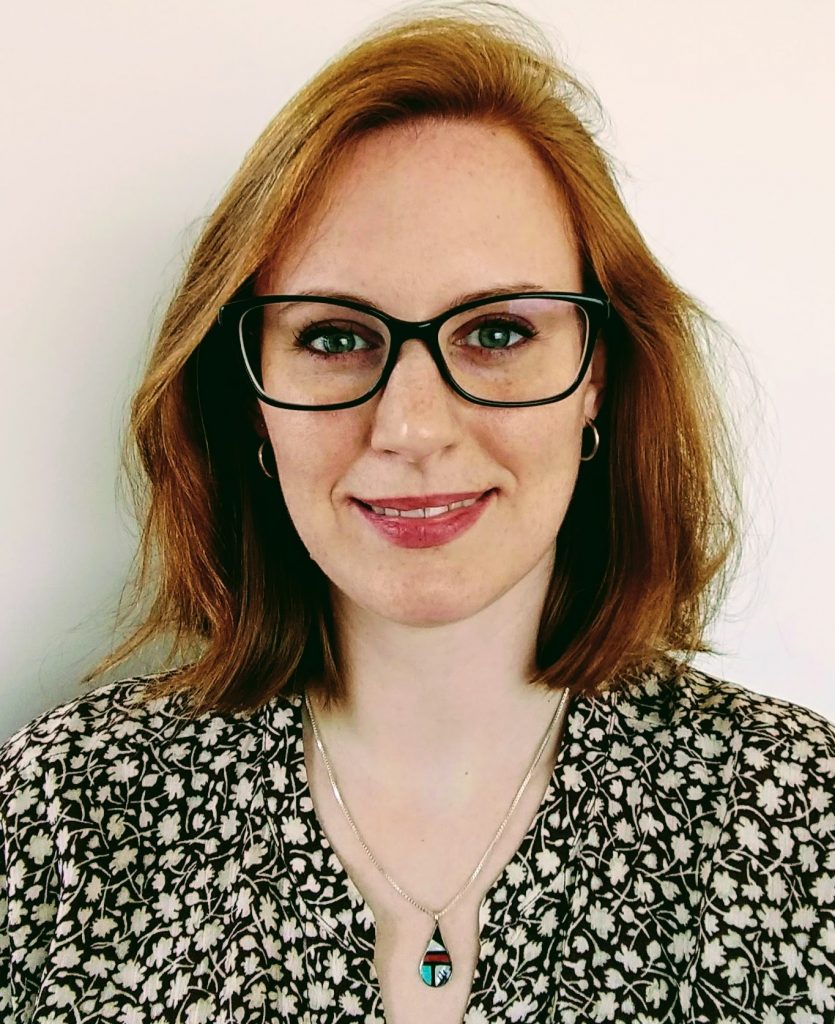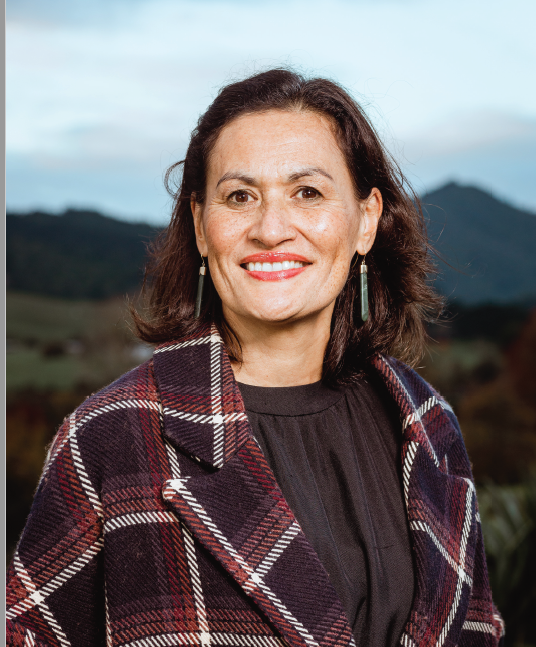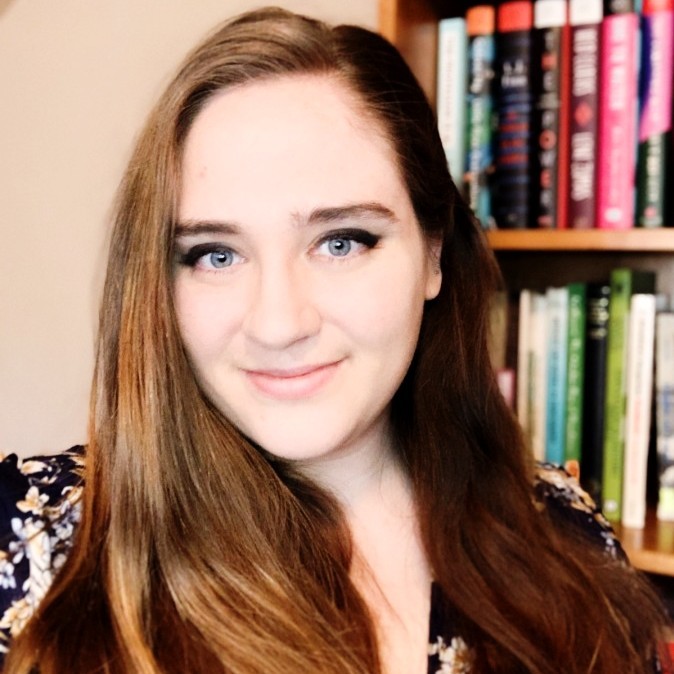Webinar video

https://drive.google.com/file/d/1Cqp5jjJsd8S2Xm4na6sggEY6Mttir1ZE/view?usp=share_link
And other past webinars can be found here:
Weekly Zoom seminars held by invited international pandemic researchers.

https://drive.google.com/file/d/1Cqp5jjJsd8S2Xm4na6sggEY6Mttir1ZE/view?usp=share_link
And other past webinars can be found here:

On 2 March at 1600 CET, Luissa Vahedi, Washington University in St. Louis, will present: “COVID-19 and Violence against Women and Girls: Understanding Synergies, Long-term Consequences, and Lessons Learned for a More Equitable Future.”
The COVID-19 pandemic has drawn attention to the often-hidden issue of violence against women and girls. Three years into the COVID-19 pandemic, what have we learned about how and why violence against women and girls increases during periods of crisis and where do we go from here? Drawing on syndemic theory and two case studies from the Latin American context, this webinar will discuss what social and political conditions increase the risk for violence against women and girls during a pandemic context and what social policy can do to address threats to women and girls’ safety. The webinar will also engage with the long term and negative consequences of the COVID-19 pandemic on violence prevention and response systems in low- and middle-income countries, with a focus on what violence protection organizations need to strengthen their efforts in the face of future threats.
Luissa Vahedi is a Social Epidemiologist and current Doctoral candidate in Public Health Sciences. Her research, scholarship, and policy work applies the methods and frameworks of social epidemiology to address complex global health issues including gender based violence, mental health, and infectious disease in fragile settings.
Since 2017, Luissa has worked both within and outside of academia conducting specialized research pertaining to systematic evidence reviews, advanced quantitative and qualitative analysis, the integration of gender and violence protections within social policy and humanitarian programming, and syndemic health disparities.
Luissa’s passions lie at the nexus of mixing research methods to capture population based data with rich lived experience and developing best practices for translating public health research into policy and practice.
Contact jessicad@oslomet.no for a link.

Have you missed recent webinars? Catch up here:
Marama Muru-Lanning, University of Auckland, “Hongi (pressing of noses), Harirū (handshakes) and Hau (sharing breath): In the time of COVID-19.”:
https://drive.google.com/file/d/1aGdxALLBpRoEED_DCysHMKXIfcjzXKWB/view?usp=share_link
Mikaela Adams, University of Mississippi, “Influenza in Indian Country: Indigenous Sickness and Federal Responsibility during the 1918-1920 Pandemic.”:
https://drive.google.com/file/d/1rs6VrpLBChBDphEo6otpm-pTL2t48TWx/view?usp=sharing
And other past webinars here:

On 16 February at 1600 CET, Mikaëla Adams, University of Mississippi, will present: “Influenza in Indian Country: Indigenous Sickness and Federal Responsibility during the 1918-1920 Pandemic.”
The so-called “Spanish flu,” a deadly new strain of avian influenza that first emerged sometime in the early spring of 1918, infected global populations with shocking intensity and devastating results. By 1920, a third of the global population had contracted the disease and at least fifty million people had died from it, including more than 675,000 in the United States. Indian Country—the areas within the United States inhabited by the nation’s Indigenous peoples—was particularly hard hit. According to a 1919 report, at least 78,177 Native people caught influenza and 6,632 died out of a population of just 320,654. This Indigenous mortality rate of 2.1% was nearly four times higher than that of the nation’s large cities. My current research project traces the history of the influenza pandemic in Indian Country. In this presentation, I will discuss the ways in which the economic, cultural, and racial marginalization of Native people in early twentieth-century America limited their access to medical care and contributed to their disproportionate mortality rate during the outbreak. I will also outline some of lessons we might draw from that experience when we consider the ongoing health needs of marginalized communities today, especially in the midst of the COVID-19 crisis.
Mikaëla M. Adams is an adjunct associate professor of Native American history for the University of Mississippi. She received her Ph.D. in History from the University of North Carolina at Chapel Hill in 2012. Her first book, Who Belongs? Race, Resources, and Tribal Citizenship in the Native South, which was published by Oxford University Press in 2016, explores themes of Indigenous identity, citizenship, and sovereignty in the Jim Crow South. Her current project examines the influenza pandemic of 1918-1920 in Indian Country. She also has published articles in the Florida Historical Quarterly, the South Carolina Historical Magazine, the American Indian Quarterly, and the Native South.
Contact jessicad@oslomet.no for the link.

On 2 February at 1600 CET, Marama Muru-Lanning, University of Auckland, will present: Hongi (pressing of noses), Harirū (handshakes) and Hau (sharing breath): In the time of COVID-19.
When COVID-19 arrived in Aotearoa New Zealand, Māori responded quickly. It had become evident that kaumātua (older Māori men and women) would be especially vulnerable to the virus, given their age, living situations and often compromised health. Local hauora (health providers) and tribal leaders were active, advising Māori communities to modify social engagement practices and restrict hongi (pressing of noses), kihi (kisses), and harirū (handshakes). Our study sought to find out about kaumātua understandings of COVID-19 and pandemics, their experiences of lockdown and subsequent alert levels, and their roles within Māori communities in relation to tikanga (protocols) around social distancing (hongi, harirū and hau, or breath) and gatherings, particularly tangihanga (death and mourning rites).
Kaumātua have key leadership responsibilities within Māori communities and have been crucial in curbing the spread of COVID-19. Our ongoing research in the Tai Tokerau (Northland) and Waikato regions is interested in how kaumātua navigate the challenges still presented by COVID-19 in-light of evolving advice and regulations regarding personal distancing, self-isolation and gatherings.
Drawing on rich kōrero from our interviews I will share findings from our study that have assisted Māori communities, policy makers and health providers.
Marama Muru-Lanning is an Associate Professor of Anthropology and the Co-director of the James Henare Māori Research Centre at the University of Auckland. Her research is dedicated to transdisciplinary research with Māori communities that prioritises equity and social justice. As a social anthropologist she focuses on the cultural specificity of tangata whenua groups and their unique sense of place and belonging in Aotearoa. What distinguishes Marama internationally as a social scientist is her specialisation in four interrelated areas of research: 1. Water; 2. Human-environment relationships; relationships; 3. Mātauranga; 4. Transdisciplinary research methods. Over the past five years she has also developed a passion and advanced new approaches and methods for researching kaumātua (Māori elders) with colleagues from the James Henare Māori Research Centre.
Marama is an advisory board member of the Social Science Meets Biology: Indigenous People and Severe Influenza Outcomes – CAS – project and will visit the project group in Oslo 1-12 February 2023.
Marama is from Tūrangawaewae Marae in Ngāruawahia, this place is a potent living memorial to the many Waikato people taken by the Spanish Flu pandemic of 1918. She has whakapapa that connects her to Waikato, Ngāti Maniapoto and Ngāti Whātua.
Contact jessicad@oslomet.no for a Zoom link.

The video for the webinar “Risk perception, resilience, and future population health challenges due to COVID-19 in Southeast Alaska” with Taylor van Doren can be watched here:
https://drive.google.com/file/d/1wJ9crhaDJRYC5r8AfQf1wOsDVPExteEQ/view?usp=share_link
Find more past webinars here:

On Thursday, 19 January, at 1600 CET, Taylor P. van Doren, Sitka Sound Science Center, will present: “Risk perception, resilience, and future population health challenges due to COVID-19 in Southeast Alaska.”
It has been broadly observed that Indigenous communities worldwide suffer greater negative outcomes than non-Indigenous populations in the same region, but there has not been a lot of work to elevate the experiences of experiencing a pandemic from the perspective of Indigenous people themselves. Over the course of the first year of the COVID-19 pandemic, the Sitka Sound Science Center and its collaborators, the Central Council of Tlingit & Haida Indian Tribes of Alaska and the RAND Corporation, collected 22 in-depth interviews with Alaska Native individuals from three island communities in Southeast Alaska to better understand how these people (and their towns) perceived the risks of the COVID-19 pandemic and how they leaned on culturally-grounded, community-centered behaviors to mitigate those risks and display considerable resilience in the face of the pandemic threat. Through additional original data sources gathered during the course of the pandemic, I will explore some of the quantitative data that supports the ethnographic research, and think about paths forward for community-centered pandemic research in rural Southeast Alaska to expand our knowledge of how people experience pandemics.
Contact jessicad@oslomet.no for a link.
If you missed the webinar “Tracing the temporal and spatial course of the Spanish flu in Germany” with Tobias A. Jopp and Mark Spoerer from the University of Regensburg, catch up here:
https://drive.google.com/file/d/1bMJyCdaY_TqPRUoVqKjhXCyZqvfnsVw1/view?usp=share_link
And other past webinars can be found here:

We are so pleased that the PANSOC webinar series continues to be successful and will return next semester! As usual, they will be held on Thursdays at 1600 CET (Oslo time). See below for dates, speakers and tentative titles, and contact jessicad@oslomet.no for the zoom link.
Speakers:
19 January: Taylor P. van Doren, Sitka Sound Science Center: “Risk perception, resilience, and future population health challenges due to COVID-19 in Southeast Alaska.”
2 February: Marama Muru-Lanning, Associate Professor and Director of the James Henare Māori Research Centre, University of Auckland: Title TBD
16 February: Mikaela Adams, University of Mississippi: “Influenza in Indian Country: Indigenous Sickness and Federal Responsibility during the 1918-1920 Pandemic.”
2 March: Luissa Vahedi, Washington University in St. Louis: COVID-19 and Violence against Women and Girls: Understanding Synergies, Long-term Consequences, and Lessons Learned for a More Equitable Future.”
16 March: Elisa Perego, University College London, “Long Covid: history, research, future challenges.”
23 March: Helga E. Bories-Sawala, University of Bremen: “The forgotten pandemic that created today’s America. A look at the history textbooks of Québec.”
30 March: Emma Tinker-Fortel, University of Missouri: Title TBD [Alaska Native mortality during the 1918 flu] Cancelled.
20 April: Courtney Heffernan, University of Alberta: “Tuberculosis in Indigenous communities in Canada – where have we come from, where are we going.”
27 April: Marcia Anderson, Vice-Dean, Indigenous Health, University of Manitoba: Title TBD.

On 1 December at 1600 CET, Tobias A. Jopp and Mark Spoerer, University of Regensburg, will present “Tracing the temporal and spatial course of the Spanish flu in Germany.” Contact jessicad@oslomet.no for a link.
Abstract: Compared to its tremendous impact, the Spanish flu of 1918-20 is notoriously poorly studied. Based on newly collected mortality data specifically for the female population (not “contaminated” by battlefield casualties), we calculate monthly all-cause excess mortality for the first three waves of the pandemic for 42 German regions. We define a measure of the intensity of the Spanish flu’s incidence on the regional level and examine various impact factors in a regression framework which include distance from the Western Front (from where the flu came), population density, agricultural labour share, female labour force participation in the industrial sector, and density of the railway network.
This will be the last webinar this semester, but stay tuned for next semester’s calendar!